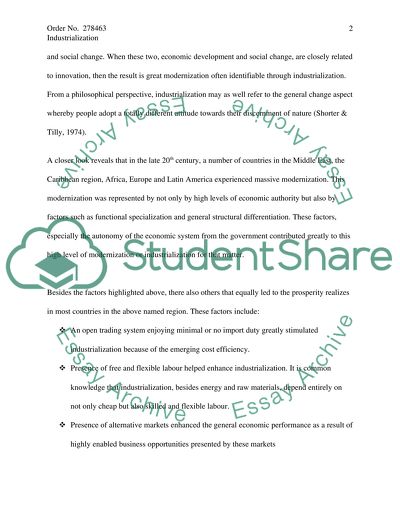Cite this document
(“Industrialization Essay Example | Topics and Well Written Essays - 2000 words”, n.d.)
Retrieved from https://studentshare.org/politics/1511595-industrialization
Retrieved from https://studentshare.org/politics/1511595-industrialization
(Industrialization Essay Example | Topics and Well Written Essays - 2000 Words)
https://studentshare.org/politics/1511595-industrialization.
https://studentshare.org/politics/1511595-industrialization.
“Industrialization Essay Example | Topics and Well Written Essays - 2000 Words”, n.d. https://studentshare.org/politics/1511595-industrialization.


